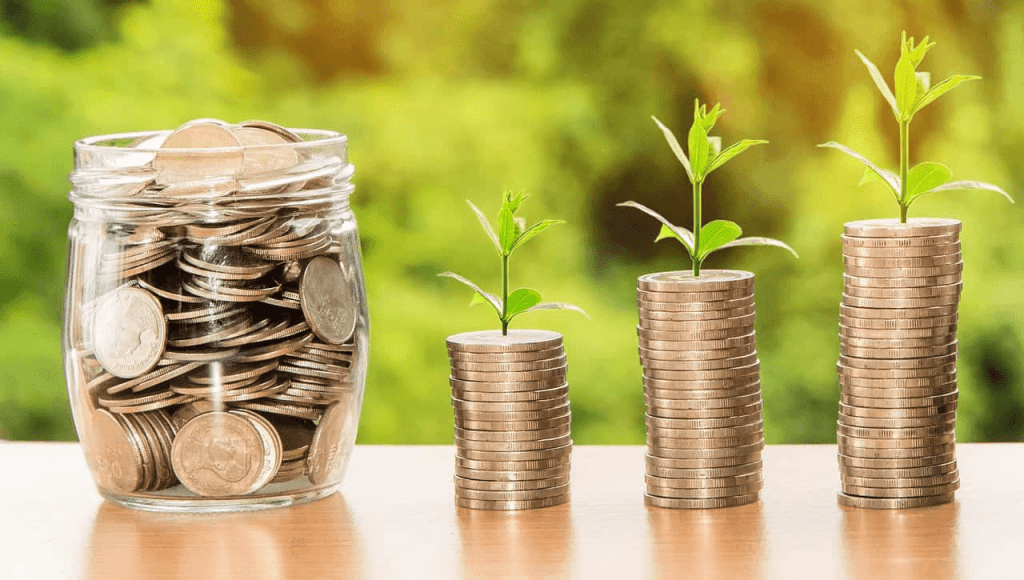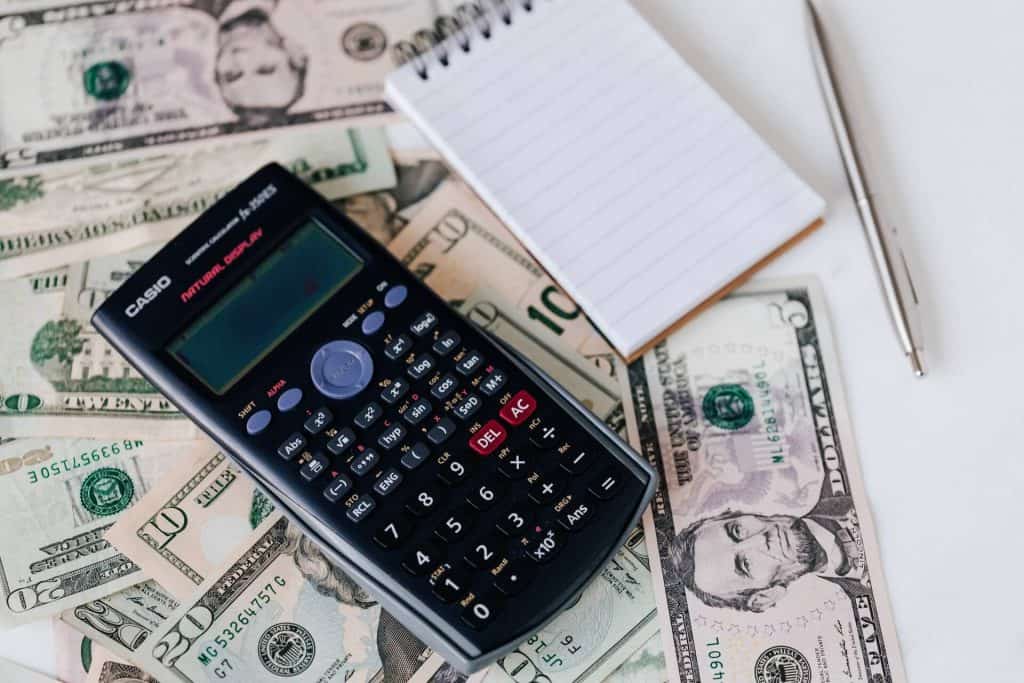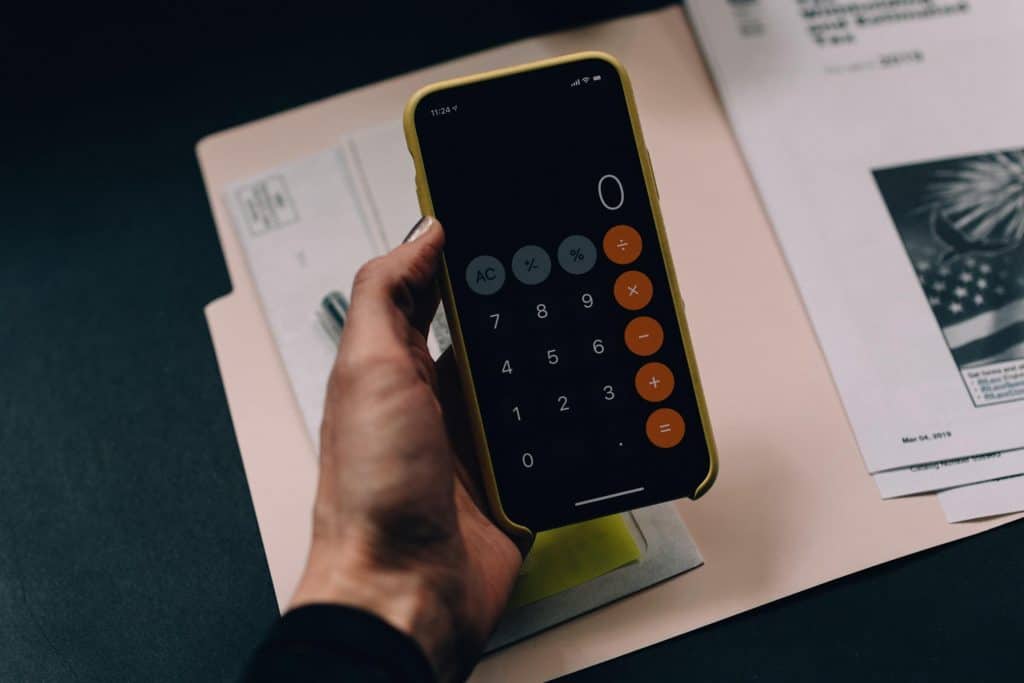Why Should Creating an Emergency Fund Be a Top Priority?
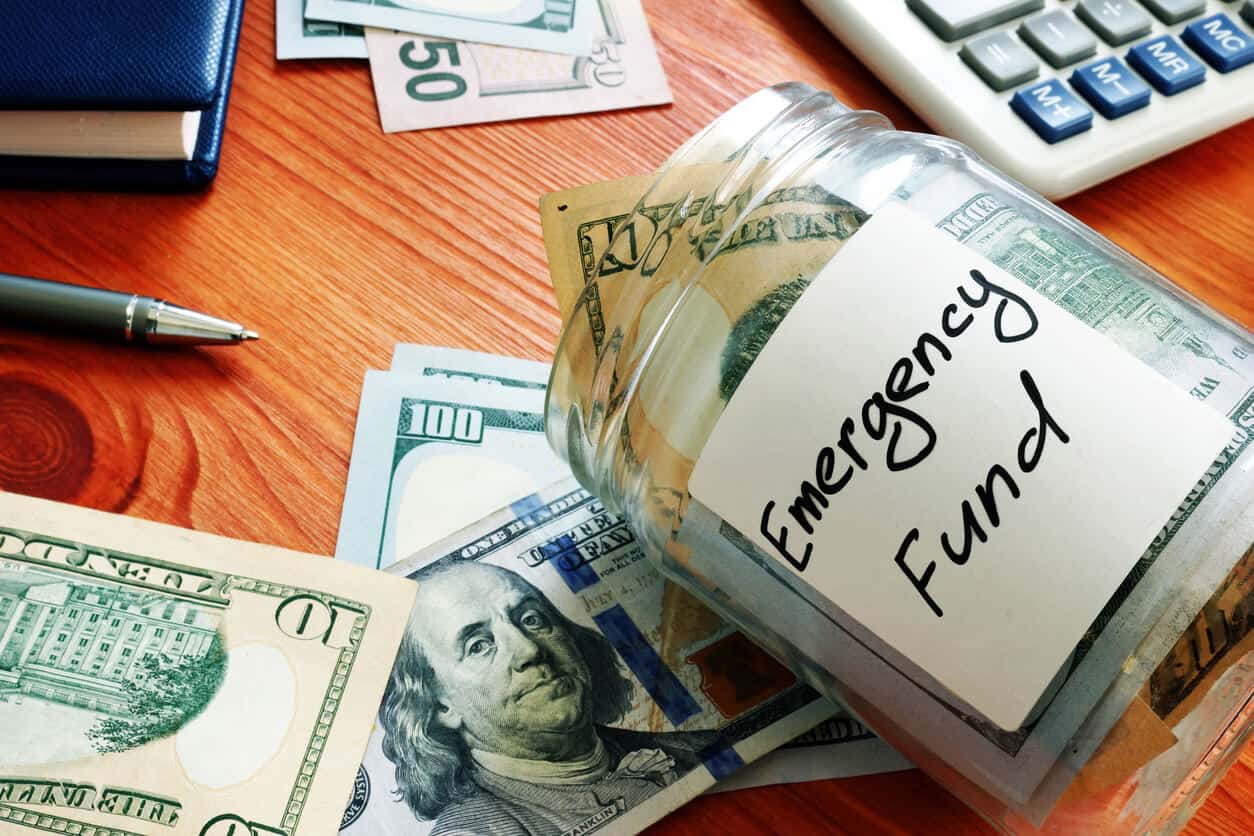
Why should creating an emergency fund be a top priority? There are several reasons why having an emergency fund is important.
Perhaps the most important reason is that it can help you avoid going into debt if you experience an unexpected financial setback.
Do you have enough money saved up in case of an emergency? If not, you’re not alone.
A recent survey found that nearly 35% of Americans don’t have enough savings to cover a $400 emergency.
But why is it so important to have an emergency fund?
There are a few reasons.
So if you haven’t already started building your emergency fund, now is the time to do it.
Here are some tips on how to get started.
What is an emergency fund?
An emergency fund is a savings account that is used to cover unexpected expenses, such as medical bills or car repairs.
Many people recommend that you should have three to six months’ worth of living expenses saved in an emergency fund.
This ensures that you will still be able to meet your financial obligations even if you lose your job or experience another unexpected setback.
While an emergency fund can provide peace of mind, it is important to remember that it should only be used for true emergencies.
If you find yourself dipping into your emergency fund for non-essential purchases, you may need to re-evaluate your budget and spending habits.
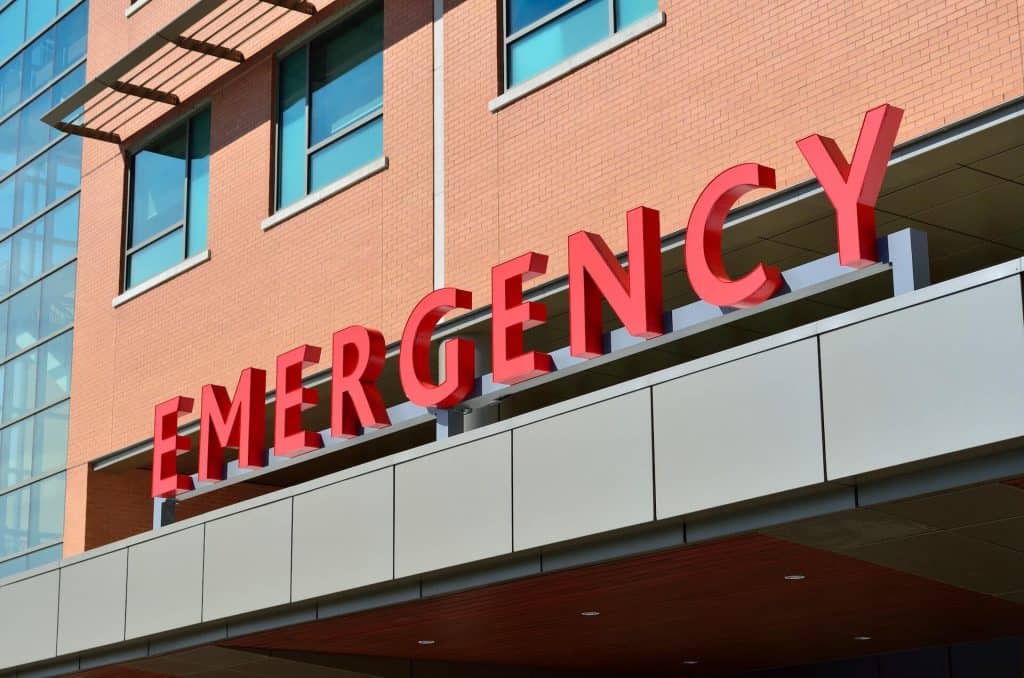
What are emergency fund benefits?
An emergency fund is like an insurance policy for your finances.
It’s there to protect you when something unexpected comes up – like a job loss, medical bill, or car repair.
Building up an emergency fund can seem like a daunting task, but it’s worth it in the long run.
Not only will it give you peace of mind, but it can also help you avoid going into debt when an emergency hits.
But there are also some less obvious benefits to having an emergency fund.
For example, it can help you avoid tough choices in tough times.
If you’ve ever had to choose between paying your rent and buying food, you know how tough those choices can be.
But if you have an emergency fund, you won’t have to make those choices because you’ll have the money to cover both expenses.
So, there are plenty of good reasons to have an emergency fund.
But at the end of the day, the best reason is simply this: it gives you peace of mind. And that’s priceless.
Why should creating an emergency fund be a top priority?
For many people, the idea of creating an emergency fund can seem like a luxury.
After all, there are always so many other bills to pay and goals to save for.
However, setting aside even a small amount of money each month can make a big difference in your financial security.
Here are just a few reasons why creating an emergency fund should be a top priority:
- Unexpected expenses always seem to pop up when you least expect them. Whether it’s a broken appliance or a medical bill, having an emergency fund can help you cover the cost without going into debt.
- If you lose your job or experience a drop in income, having an emergency fund can help you cover your basic living expenses until you get back on your feet.
- Having an emergency fund can help reduce stress and give you peace of mind knowing that you have a cushion to fall back on in case of tough times.
So why not start setting aside some money each month for your emergency fund?
You’ll be glad you did if and when an unexpected expense comes up.
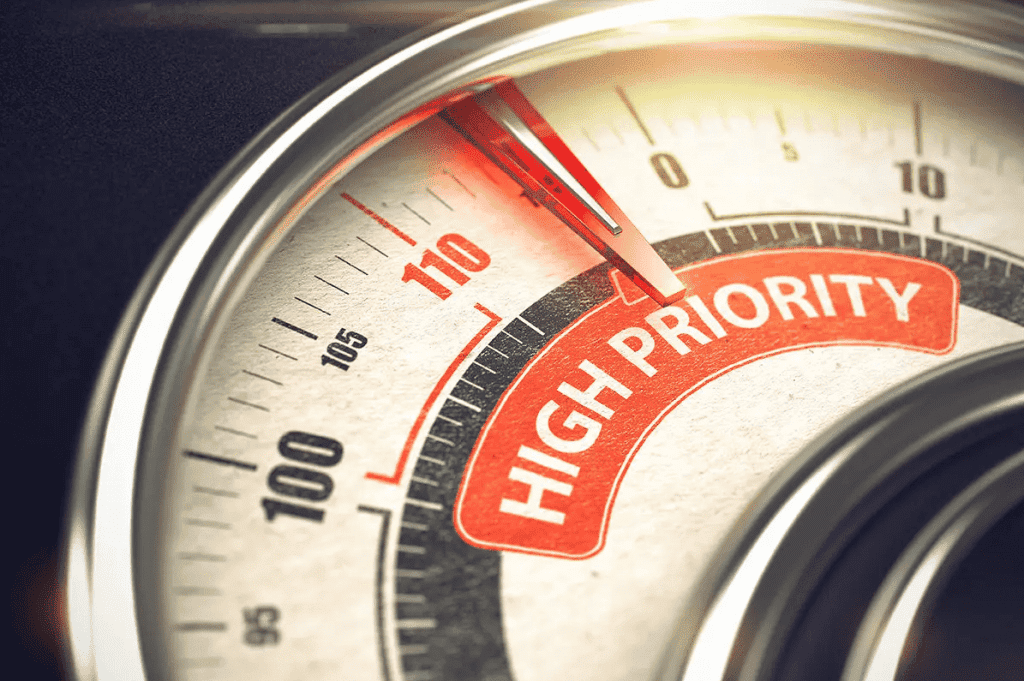
How to create an emergency fund?
Are you prepared for an emergency? You should be!
One way to make sure you have some money set aside in case of an emergency is to create an emergency fund.
Here’s how to get started.
1) Calculate the total amount you want to save
When you are trying to create an emergency fund, it is important to calculate the total amount you want to save.
This will help you to set a goal and stay on track.
There are a few things to consider when calculating the amount you want to save.
First, think about how much money you need to cover your basic expenses for three to six months.
This includes your rent or mortgage, food, utilities, and transportation costs.
Next, consider any other debts you have and how much you would need to cover them if you lost your income.
Finally, factor in any other costs that would arise in an emergency, such as medical expenses or travel costs.
Once you have considered all of these factors, you can set a goal for your emergency fund.
Remember to review your goal periodically and make adjustments as necessary.
By calculating the total amount you want to save, you can ensure that you are prepared for anything life throws your way.
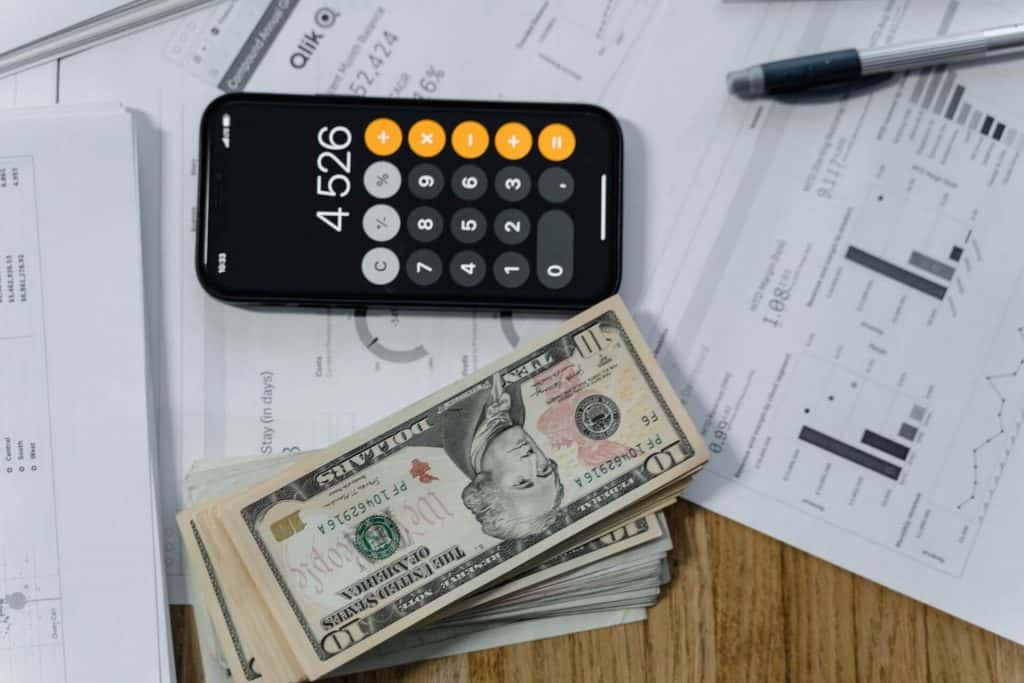
2) Make a monthly savings goal
When most people think about saving money, they tend to focus on long-term goals like retirement.
However, it’s just as important to create an emergency fund that you can tap into in case of unforeseen expenses.
One way to do this is to set a monthly savings goal.
Decide how much you want to put away each month, and then make a plan to reach that goal.
For example, you might set aside a certain percentage of your paycheck or put a fixed amount of cash into a savings account each month.
Once you’ve reached your goal, you’ll have a cushion of cash to fall back on in case of an unexpected expense.
And if you never have to use it, you can always use it to fund your retirement savings!
3) Move money into your savings account automatically
When it comes to saving money, it can be tough to get started.
After all, there are always so many other things that seem more important at the moment.
However, it’s important to remember that an emergency fund is vital for weathering unexpected financial setbacks.
One of the best ways to create an emergency fund is to set up automatic transfers from your checking account into your savings account.
That way, you can be sure that you’re consistently setting money aside for those rainy-day expenses.
And if you never even see the money in your checking account, you’ll be less likely to spend it on non-essential items.
So if you’re looking to boost your savings, consider setting up an automatic transfer today.
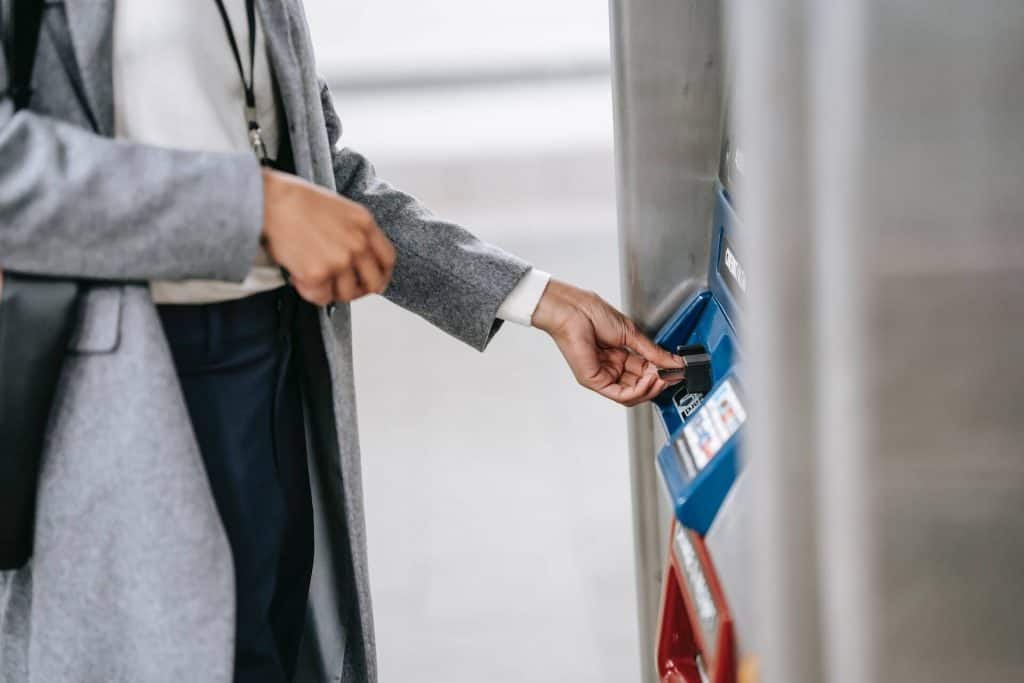
4) Keep the change
Have you ever broken down on the side of the road and had to call a tow truck?
Or maybe you’ve had a plumbing emergency in the middle of the night.
Unexpected expenses like these can really put a dent in your budget, which is why it’s so important to have an emergency fund.
One easy way to start building up your emergency fund is to “keep the change.”
Every time you get a five-dollar bill back from the grocery store, put it in a jar.
At the end of the month, deposit the money into your savings account.
Over time, those five-dollar bills will add up, and you’ll be glad you have them when an unexpected expense comes along.
5) Save your tax refund
Trying to create an emergency fund can be a daunting task, especially if you’re living paycheck to paycheck.
One way to jumpstart your savings is to put your tax refund into the fund.
It may be tempting to use that money to pay off debt or make a big purchase, but resist the urge!
Having an emergency fund is vital to financial stability, and it will help you avoid going into debt if unexpected expenses come up.
So instead of splurging, save your tax refund and watch your emergency fund grow.
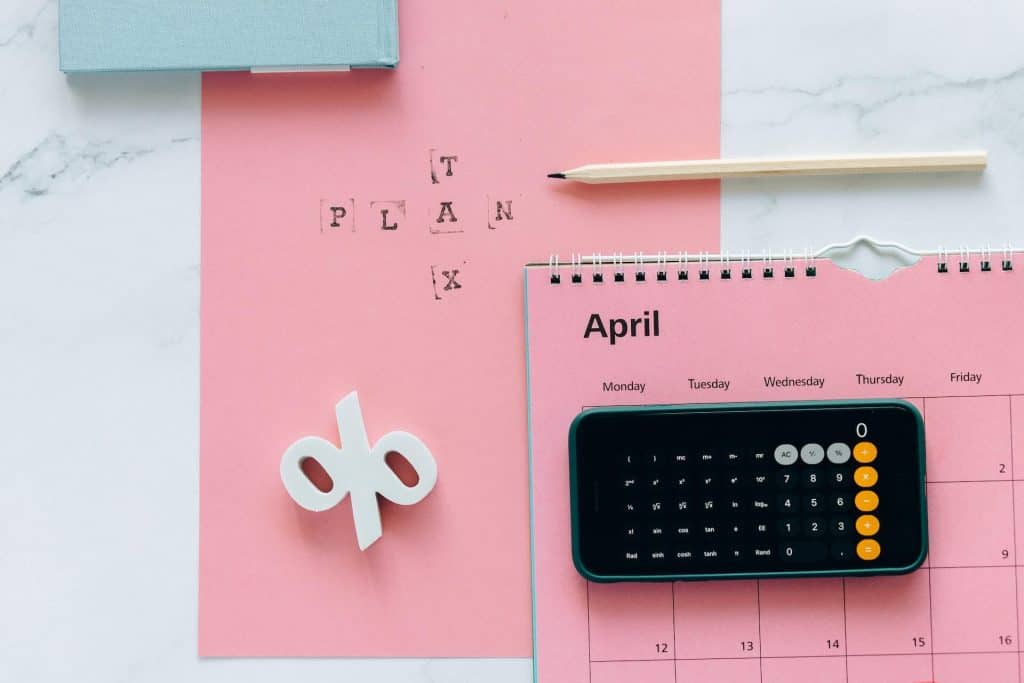
6) Assess and adjust contributions
One of the most important steps in creating an emergency fund is to assess and adjust your contributions.
This will ensure that you can save enough money to cover unexpected expenses, while still being able to afford your regular monthly bills.
One way to do this is to set up a budget and track your spending for a few months.
This will help you to identify any areas where you can cut back on your spending to increase your savings.
Another way to assess your contributions is to review your financial goals and make sure that you are still on track to reach them.
If you find that you are falling behind, you may need to increase your contributions to get back on track.
By taking the time to assess and adjust your contributions, you can be sure that you are doing everything possible to create a healthy financial future for yourself.
Where should you keep your emergency fund?
Many people choose to keep their emergency funds in a savings account at their primary bank.
This can be a convenient option because it gives you easy access to your money if you need it.
However, it’s important to keep in mind that savings accounts usually have low-interest rates.
As a result, your money may not grow as quickly as it would in another type of account.
Another option is to open a dedicated emergency fund account at a separate bank or credit union.
This can help you avoid the temptation of dipping into your savings for non-emergency expenses.
And, some institutions offer higher interest rates on these types of accounts, which means your money has the potential to grow faster.
Ultimately, the best place to keep your emergency fund is whichever option gives you the peace of mind knowing that you have quick and easy access to your money if you ever need it.
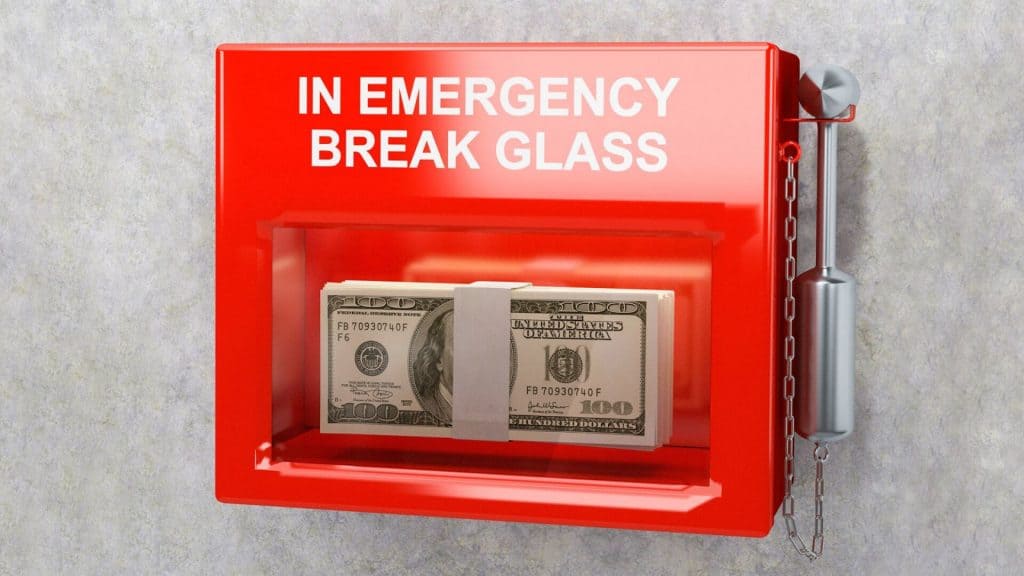
Tips for staying disciplined with your savings goals
When it comes to saving money, discipline is key.
Without a plan and a commitment to stick to it, it can be all too easy to fritter away your hard-earned cash on unnecessary expenses.
However, by following a few simple tips, you can develop the discipline you need to make your savings goals a reality.
First, set realistic targets for yourself.
If you’re unrealistic in your expectations, it’s only setting yourself up for disappointment.
Second, make a budget and stick to it.
This will help you to track your spending and ensure that you’re not overspending in any one area.
Finally, stay disciplined when it comes to your spending.
When you have the urge to splurge on an impulse purchase, take a step back and ask yourself whether it’s really necessary.
By following these tips, you’ll be well on your way to developing the discipline you need to save successfully.
Why should creating an emergency fund be a top priority? – Conclusion
While it may be difficult to save for an emergency fund when you are already living paycheck-to-paycheck, it is crucial that you make this a top priority.
Not only will having this money available help you in the event of an unexpected expense, but it can also give you peace of mind knowing that you have a cushion if things go wrong.
So what are you waiting for? Start saving today!

